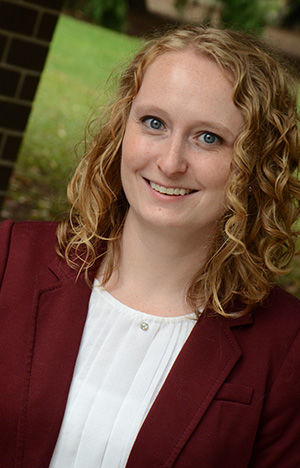
Biography
Dr. Lilienthal has been a faculty member at Penn State Altoona since 2015. Her current research revolves around working memory, which refers to the ability to temporarily maintain and manipulate a limited amount of information. Dr. Lilienthal is particularly interested in memory for visuospatial information (e.g., locations), and the ways in which it may be similar to vs. different from memory for verbal information (e.g., words). For example, she investigates a number of factors involved in why forgetting occurs in working memory, including temporal decay and proactive interference, and how these factors’ contributions to forgetting may be different across the two domains. Dr. Lilienthal’s research also investigates the positive effects that processes such as rehearsal have on memory, as well as how the environment (and the support for rehearsal it may or may not provide) influences those effects. Her past research on the rehearsal of locations has provided evidence for the idea that we try to keep to-be-remembered locations active in memory through the use of eye movements and/or shifts of spatial attention, and she has continued her work investigating eye movements at Penn State Altoona. In addition, Dr. Lilienthal is interested in age-related differences in working memory, including why memory for visuospatial information seems to decline at a faster rate as people enter old age compared to memory for verbal information. She enjoys working with and mentoring students in research, and she also teaches Introductory Psychology, History and Systems of Psychology, and courses in Cognitive Psychology.
Research Interests
Individual and age-related differences in working memory
Environmental support for rehearsal
Contributing factors to forgetting
Eye movements and working memory
Education
Ph D, Psychology, Washington University in St. Louis
MA, Psychology, Washington University in St. Louis
BA, Psychology, University of South Dakota